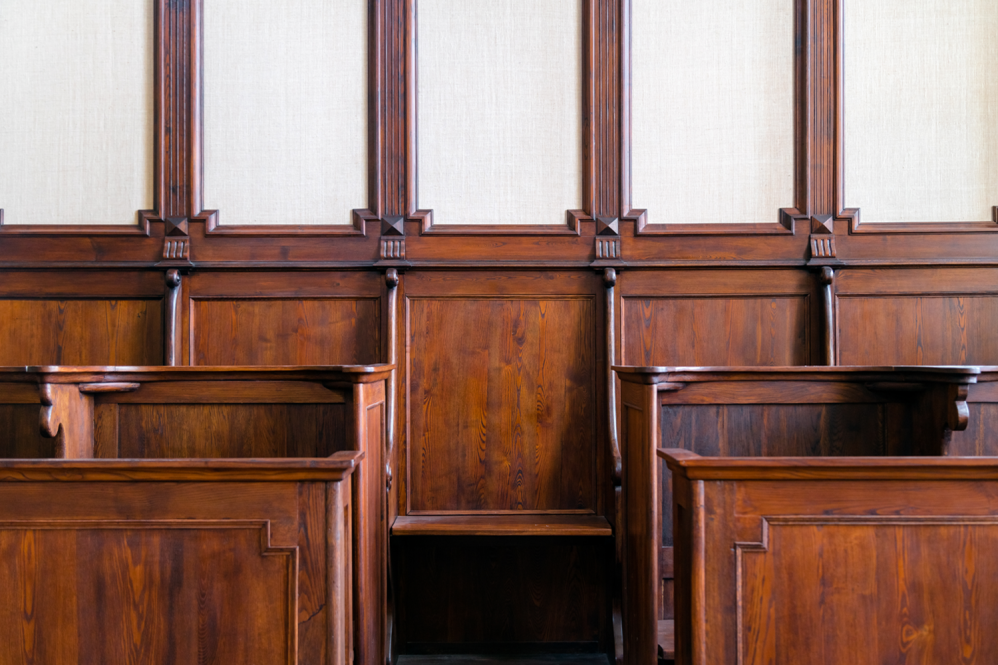Arguing a case before three distinguished jurists was “a privilege and deeply insightful experience,” said Briana Fernald ’23, after she and Jayda Cruz ’23 won the 2020 Alva P. Loiselle Moot Court Competition at the UConn School of Law.
The finals of the annual competition, which gives first-year law students a chance to practice courtroom skills, was held virtually on March 4, 2021. The judges were Justice Gregory D’Auria ’88 of the Connecticut Supreme Court, Judge Nina Elgo of the Connecticut Appellate Court, and retired Judge Michael Sheldon of the Connecticut Appellate Court.
Going into the final argument, the competitors were “anxious at the idea of arguing before such an esteemed panel of judges,” Fernald said. When all was finished, Cruz said “the Loiselle Competition has been the highlight of 1L year so far.”
The competition topic was the constitutionality of laws requiring disclosure of charities’ donors. The two teams argued the real-life case Thomas More Law Center v. Becerra, in which the Law Center claimed the California law requiring them to disclosure their donors’ names infringed on the charities’ and donors’ freedom of association.
The judges asked tough, often hypothetical questions throughout the arguments. All three commended the finalists for their extraordinary preparation. Sheldon, who directed the Criminal Clinic at UConn Law before he was appointed to the bench, called the competitors “impressive as hell.”
In addition to Cruz and Fernald, the finalists were Alorah Connolly-Pelletier ’23 and Zachary Sipala ’23.
Sam Shapiro, intramural director for the Moot Court Board, said that watching the final argument was an “absolute treat.”
“It is a tremendous privilege to show off the talents of our student body to guests,” Shapiro said. The finalists “were outstanding ambassadors for both the Moot Court Board and the law school itself.”



